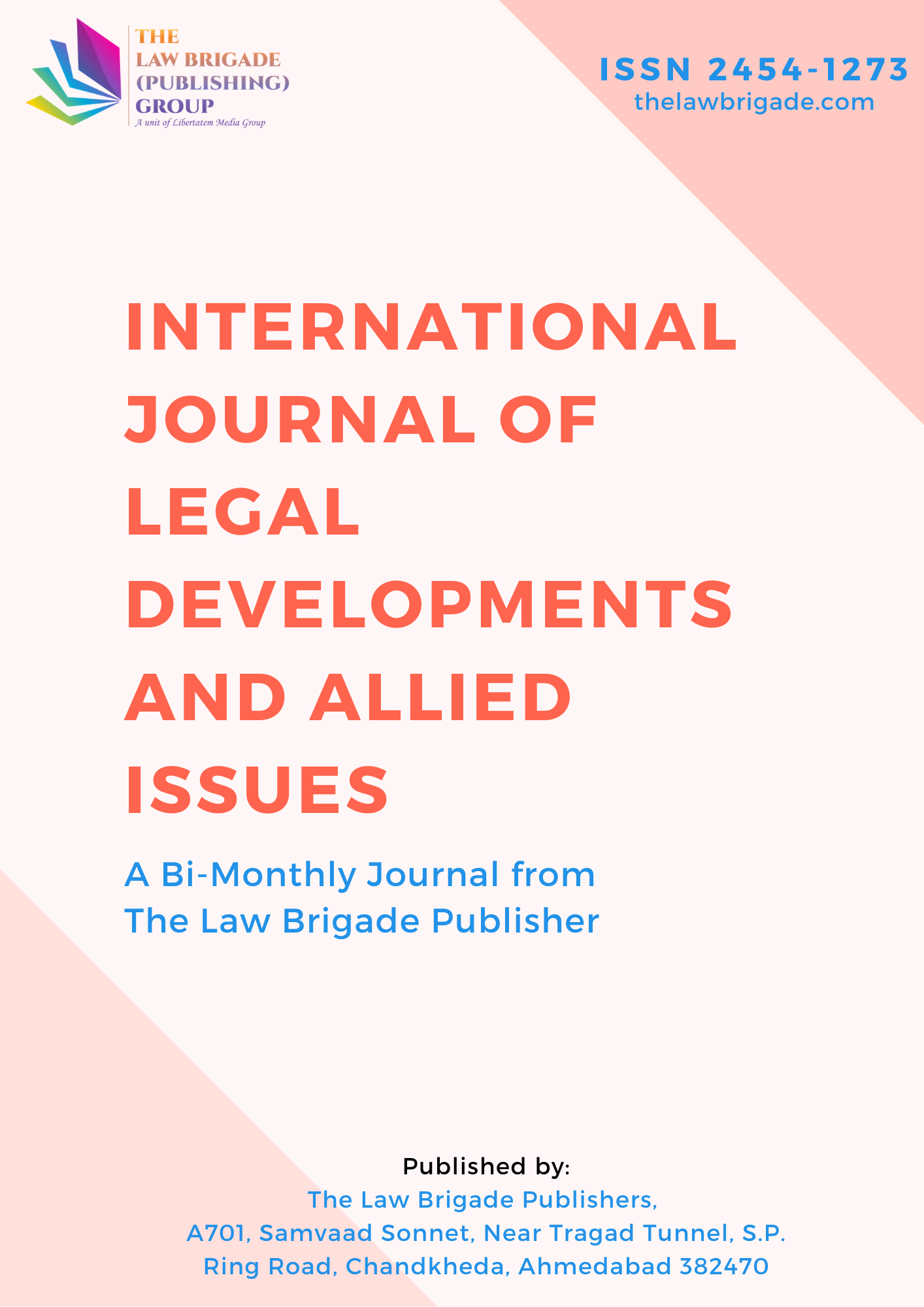This article will present the concept of equality and non-discrimination through the working of the human rights mechanism on the promotion and protection of women’s rights. This research will further focus on gender inequality and discriminatory practices against women; and identify the challenges encountered in the implementation of women’s right in Nigeria.
Nigerian women constitute about half of the Nigerian population and are known to play significant roles in the society. However, gender inequality and discrimination due to the patriarchal system has deeply affected women’s structurally unequal position in many aspects such as families, inheritance, workplace, education and politics.
Tradition and religion have also contributed to men domination in the structure of social organization and institution at all levels of leadership while women are confined to domestic activities. Gender stereotype, roles ideology and discrimination have limited women from maximizing their potentials on the basis of equality with men even though the Federal Republic of Nigeria constitution provides for gender equality between men and women.
Several efforts have been made by the government of Nigeria to promote gender equality and non-discrimination, however, the failure of Nigeria to domesticates the International and regional treaties as part of its municipal law has slowed down the pace of women’s emancipation. Consequently, Nigerian women have suffered intense marginalization and relegation to the background. Women are victims of discrimination in all aspects of their lives, this discrimination has persisted for so long that is deeply rooted and institutionalized in the Nigerian system.





